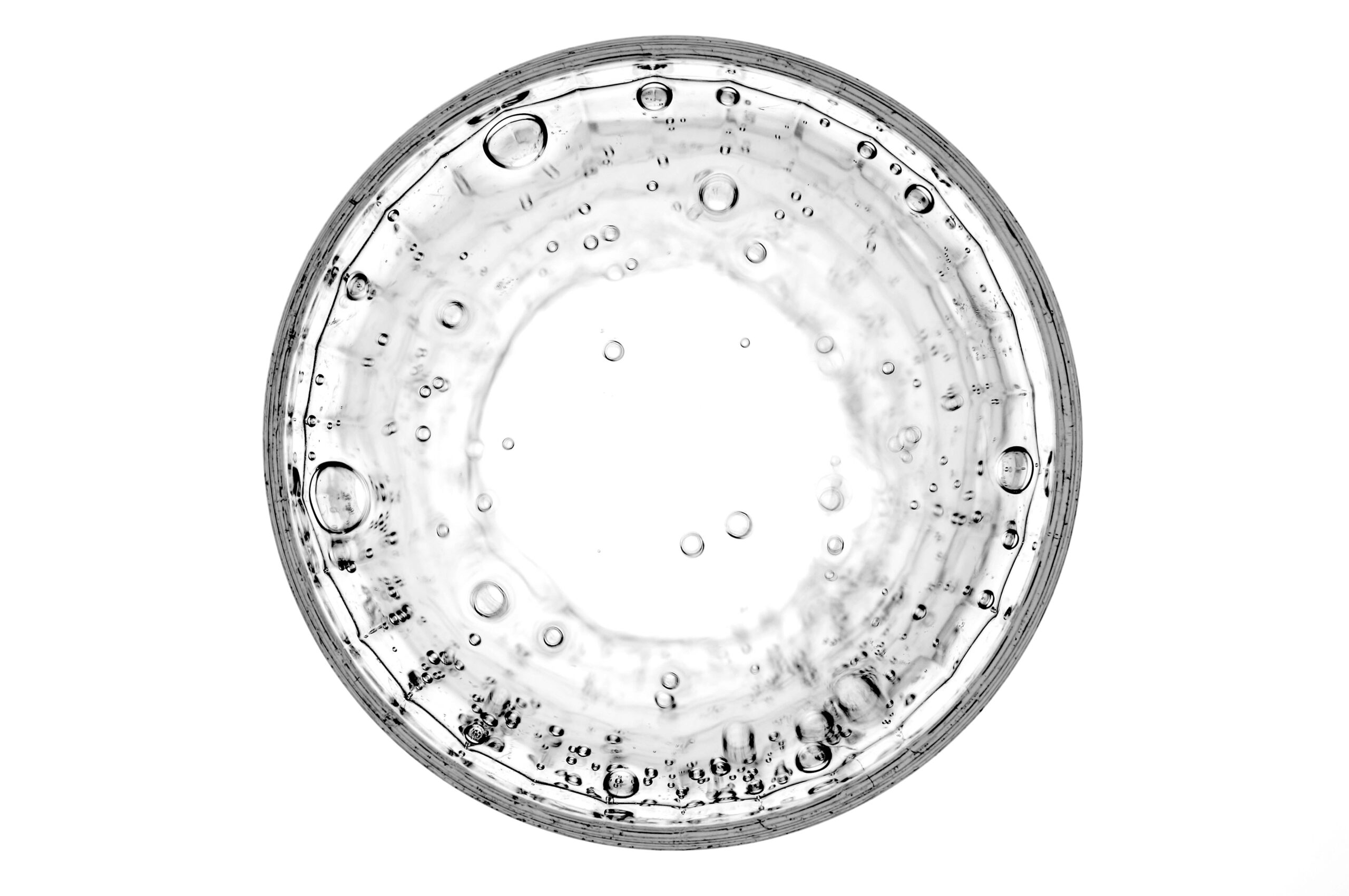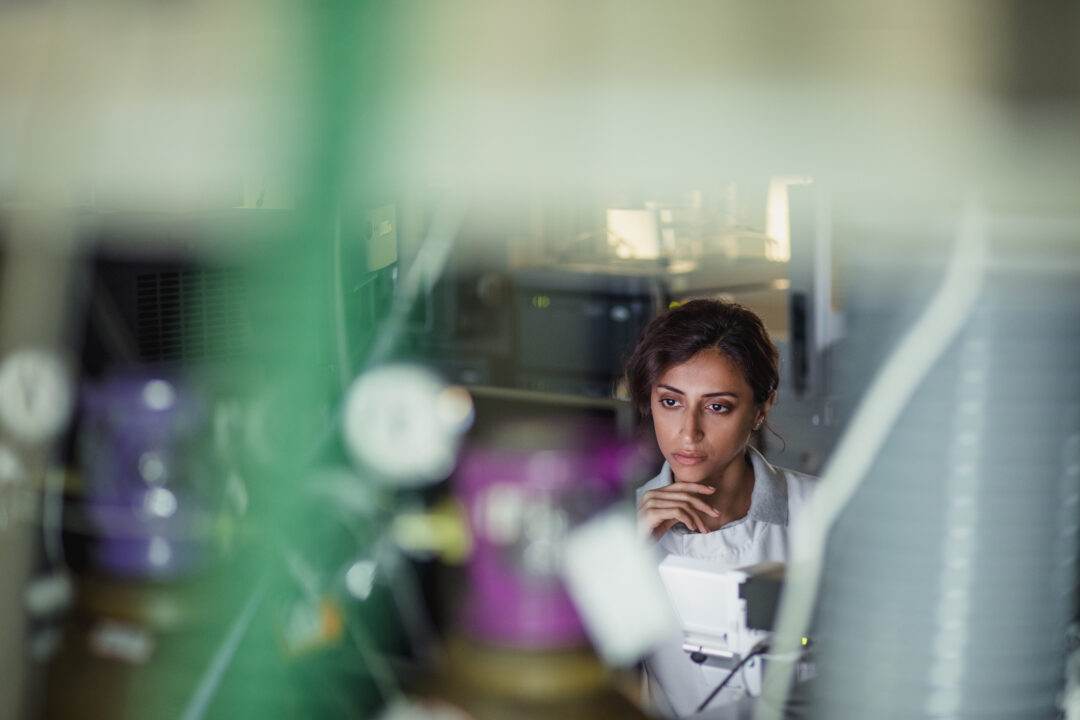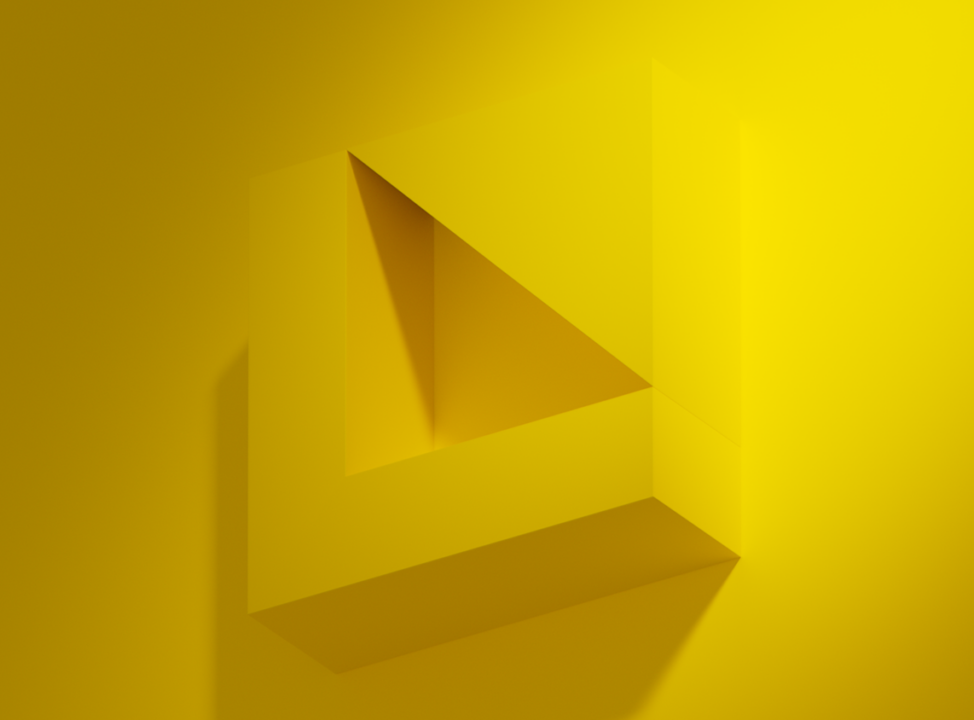Authored by Cello Health, now part of Lumanity
When COVID-19 erupted, the world sat up and took notice of a little known and even less understood novel coronavirus. We witnessed the spread of a pandemic, but also an ‘infodemic’ according to the World Health Organisation, and terms such as social distancing, R number, asymptomatic, and ‘flattening the curve’ entered our everyday lexicon. ‘Follow the science’ became the rallying cry. But can the lay public be expected to do this, when most lack the capability and experience needed to understand, interpret and critique scientific information?
Increasingly, people have been paying attention to, and actively seeking, information about subjects like immunology, viral transmission, testing and vaccine development. One of the most accessed websites during the early pandemic was the John Hopkins Coronavirus Resource Centre. By the end of April 2020, the site was receiving more than 4 billion hits a day as a fascinated audience followed their interactive map to track the spread of cases around the world. Does this represent a curious preoccupation, or a purposeful quest to understand the pathology and scope of the health crisis?
Scientific literacy is the ability to critically assess and evaluate scientific information and its credibility without needing to be an expert. The pandemic has highlighted the vital role of science in helping to address health and economic challenges, but also exposed the need to provide more relevant and plain-speaking forms of scientific information for the public. People are accessing, consuming and sharing scientific information at unprecedented levels, across disciplines and social media. Unfortunately, nearly half of European adults have reported a limited health or scientific literacy which impacts their own health and that of others, with minority communities and the elderly being affected more by low health literacy than any other groups. (Sorenson et al) Not all of us can be scientists, but we do need to have a level of scientific literacy to understand what’s going on in the world, particularly one in the grips of a pandemic.
There needs to be a focus on scientific literacy in general education, including in simple logic and statistics, so that every person has the foundation to judge the value of a scientific report or study. It is important to understand concepts like the impact of study size, what it means for a report to be peer reviewed, and why disappointing results in a clinical trial can sometimes tell us just as much as positive ones. Importantly, can we get to a level of scientific literacy whereby the public can separate the science from the pseudoscience or ‘fake news’? Of course, the media, and indeed some leaders in government, bear some of the responsibility for the lack of clarity, since their reporting on new science and data often fails to show they understand many of these fundamentals. Press conferences sharing slides of logarithmic scale graphs serve more to confuse than comfort an anxious public without proper context.
However, the pandemic’s incessant flood of science and medical news may actually force the issue of scientific literacy. The immersion in science and medicine will help with comprehension of public health messages and ultimately communication with healthcare providers. In the same way the public needs support to consume scientific information, patients need to be able to understand medical or health information provided by their healthcare teams and providers. The link between literacy and health outcomes is well established, and really is as simple as accepting that patients can only be expected to follow directions and information that they are able to fully understand.
Of course, scientific literacy is critical to public understanding not just during a pandemic, but for understanding weather forecasts, food labels, and electric vehicles to name just a few examples. But the current pandemic will hopefully encourage more of the public to ‘follow the science’, not just because they are told to, but because they want to. What the pandemic has highlighted is the need for widespread, simplified and meaningful scientific and health literacy for every individual, whatever their age, and society as a whole. It has never been more important to effectively communicate the way science works.
1.Sorenson K et al. Health literacy in Europe: comparative results of the European health literacy survey (HLS-EU). Eur J Public Health. 2015 Dec; 25(6): 1053–1058.












